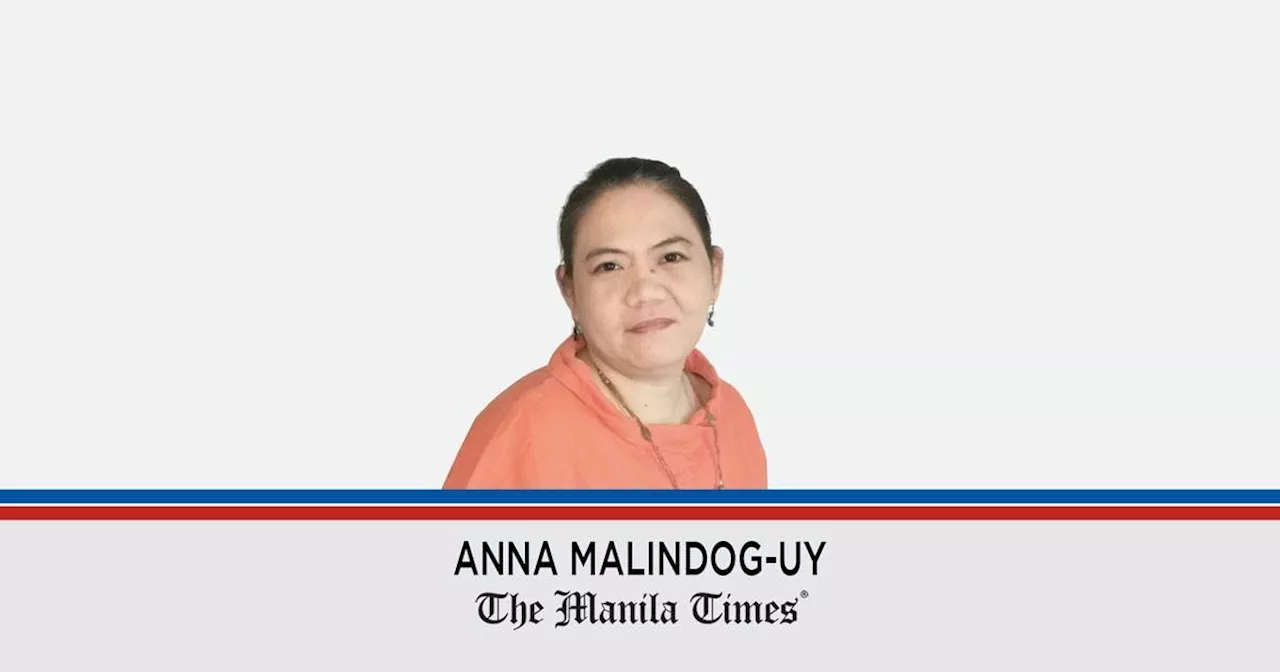This article delves into the doctrine of primary jurisdiction, a legal principle that governs the interaction between courts and administrative agencies in cases involving complex technical issues. It explores the rationale behind the doctrine, its exceptions, and illustrative case examples from the Philippine legal system.
Courts often grapple with the question of whether to assert jurisdiction or defer to administrative bodies in cases involving complex or technical matters. This doctrine of primary jurisdiction strives to maintain a delicate balance between the powers of administrative agencies and the judiciary, ensuring that courts do not overstep their boundaries when handling issues best suited for specialized expertise.
The doctrine of primary jurisdiction dictates that courts should refrain from adjudicating controversies encompassing questions falling under the jurisdiction of an administrative tribunal until that tribunal has first addressed the matter. It primarily applies to cases where resolving the dispute necessitates the specialized knowledge, experience, and resources of the administrative body to effectively address intricate technical and factual issues. This principle stems from the belief that administrative bodies possess the necessary expertise to handle matters within their specific domains and exercise sound administrative discretion.The doctrine of primary jurisdiction is closely intertwined with the doctrine of exhaustion of administrative remedies, although they are distinct concepts. Both aim to grant administrative agencies the opportunity to resolve issues within their purview before judicial intervention. Despite their similarities, they serve different purposes. The doctrine of exhaustion of administrative remedies focuses on the procedural step of seeking redress through administrative channels, while primary jurisdiction emphasizes the need for the agency's specialized expertise to address the substantive issues of a case. Failure to exhaust administrative remedies may preclude judicial review, but primary jurisdiction compels courts to defer to agencies when matters demand their technical proficiency.In Province of Aklan v. Jody King Construction and Development Corp., the Supreme Court further elucidated the doctrine of primary jurisdiction, ruling that it applies when a claim initially falls within the court's jurisdiction but involves issues falling under the purview of an administrative agency. In such instances, the court may suspend judicial proceedings pending referral of the relevant issues to the administrative body for its assessment. The court's role is to ensure that judicial intervention occurs only after the administrative body has had the opportunity to resolve the pertinent matters.In Camp John Hay Development Corp. v. Central Board of Assessment Appeals, the Supreme Court emphasized that errors in real property tax assessments must be challenged administratively first. Taxpayers must adhere to the established administrative procedures before approaching the court. If a taxpayer bypasses this step, the court will not entertain the case. Judicial involvement will only occur after the administrative process is completed. Consequently, the case was remanded back to the Local Board of Assessment Appeals for a proper determination of the taxpayer's exemption from real property tax.While the doctrine of primary jurisdiction is rooted in sound policy considerations, it is not an inflexible rule. Several exceptions exist where courts may intervene even before the administrative body has rendered a decision. In Republic v. Lacap, the Supreme Court acknowledged the following exceptions to the doctrine:* Where there is estoppel on the part of the party invoking the doctrine.* Where the challenged administrative act is patently illegal, exceeding the agency's jurisdiction.* Where there is unreasonable delay or official inaction that will irreparably prejudice the complainant.* Where the amount involved is relatively small, rendering the rule impractical and oppressive.* Where the question at issue is purely legal and will ultimately require judicial determination.* Where judicial intervention is urgently necessary.* When its application may cause significant and irreparable damage.* Where the contested acts violate due process.* When the issue of non-exhaustion of administrative remedies has become moot.* When there is no other readily available, speedy, and adequate remedy.* When strong public interest is involved.* In quo warranto proceedings.In the recent Commissioner of Internal Revenue v. Estate of Mr. Charles Marvin Romig case, the tax filer initiated a judicial claim for a tax refund of erroneously collected taxes without awaiting the commissioner's ruling on the administrative claim for refund. The court ruled that despite the taxpayer's failure to wait for the administrative ruling, the judicial claim for refund was timely filed within the statutory period. Under these circumstances, had the taxpayer waited for the commissioner's action knowing the prescriptive period was nearing its end, it would have forfeited its right to seek judicial recourse, resulting in irreparable damage
Administrative Law Primary Jurisdiction Exhaustion Of Remedies Courts Administrative Agencies Doctrine Of Primary Jurisdiction Legal Precedents Philippine Law
Philippines Latest News, Philippines Headlines
Similar News:You can also read news stories similar to this one that we have collected from other news sources.
 Doctrine of command responsibilityDear PAO,My friend was apprehended for a crime. The apprehending officers allegedly extorted a certain amount from him in exchange for his freedom. My friend was released after paying the money, but he wants to file an appropriate criminal case against the members of the arresting team, including all of their officers.
Doctrine of command responsibilityDear PAO,My friend was apprehended for a crime. The apprehending officers allegedly extorted a certain amount from him in exchange for his freedom. My friend was released after paying the money, but he wants to file an appropriate criminal case against the members of the arresting team, including all of their officers.
Read more »
 Pope Francis Appoints Filipino Cardinal to Vatican's Doctrine BodyPope Francis has appointed Cardinal Pablo Virgilio David, Bishop of Kalookan in the Philippines, to the Vatican’s Dicastery for the Doctrine of the Faith.
Pope Francis Appoints Filipino Cardinal to Vatican's Doctrine BodyPope Francis has appointed Cardinal Pablo Virgilio David, Bishop of Kalookan in the Philippines, to the Vatican’s Dicastery for the Doctrine of the Faith.
Read more »
 Dela Rosa Defiant: ICC Has No Jurisdiction Over PhilippinesSenator Ronald 'Bato' Dela Rosa remains resolute in his refusal to engage with the International Criminal Court (ICC), asserting that it would imply acknowledging their authority over the Philippines. He strongly believes the ICC is motivated by control rather than justice and criticizes their persistent attempts to investigate despite the Philippines' withdrawal from the tribunal. Dela Rosa vows to challenge the ICC's jurisdiction in the Supreme Court.
Dela Rosa Defiant: ICC Has No Jurisdiction Over PhilippinesSenator Ronald 'Bato' Dela Rosa remains resolute in his refusal to engage with the International Criminal Court (ICC), asserting that it would imply acknowledging their authority over the Philippines. He strongly believes the ICC is motivated by control rather than justice and criticizes their persistent attempts to investigate despite the Philippines' withdrawal from the tribunal. Dela Rosa vows to challenge the ICC's jurisdiction in the Supreme Court.
Read more »
 Cybersecurity Conclave 2025: Navigating the Future of Digital ResilienceThe Cybersecurity Conclave 2025 brings together over 250 top executives to explore cutting-edge strategies in Governance, Risk, and Compliance (GRC). The event will delve into the impact of AI on cybersecurity, threat detection, automation, and evolving attacks. Attendees will gain insights from cybersecurity pioneers, AI experts, and regulatory authorities, enabling them to protect data, streamline compliance, and stay ahead of the competition.
Cybersecurity Conclave 2025: Navigating the Future of Digital ResilienceThe Cybersecurity Conclave 2025 brings together over 250 top executives to explore cutting-edge strategies in Governance, Risk, and Compliance (GRC). The event will delve into the impact of AI on cybersecurity, threat detection, automation, and evolving attacks. Attendees will gain insights from cybersecurity pioneers, AI experts, and regulatory authorities, enabling them to protect data, streamline compliance, and stay ahead of the competition.
Read more »
 China's Steady Economic Growth in 2024: Navigating Challenges and Shaping Global ProspectsChina's economy achieved a commendable 5.0 percent GDP growth in 2024, driven by stimulus measures and a focus on high-tech manufacturing. Despite external challenges such as potential trade disputes and a fragile consumer sentiment, China's economic resilience and commitment to structural reforms offer optimism for continued growth and its role in the global economy.
China's Steady Economic Growth in 2024: Navigating Challenges and Shaping Global ProspectsChina's economy achieved a commendable 5.0 percent GDP growth in 2024, driven by stimulus measures and a focus on high-tech manufacturing. Despite external challenges such as potential trade disputes and a fragile consumer sentiment, China's economic resilience and commitment to structural reforms offer optimism for continued growth and its role in the global economy.
Read more »
 Navigating AI in the Classroom: Cebu Schools Grapple with Ethical Challenges and Educational OpportunitiesThis article explores the growing use of artificial intelligence in educational institutions in Cebu, Philippines. It highlights the perspectives of students and teachers on the benefits and challenges of AI integration, emphasizing the need for responsible use, ethical guidelines, and comprehensive teacher training to ensure a positive impact on learning.
Navigating AI in the Classroom: Cebu Schools Grapple with Ethical Challenges and Educational OpportunitiesThis article explores the growing use of artificial intelligence in educational institutions in Cebu, Philippines. It highlights the perspectives of students and teachers on the benefits and challenges of AI integration, emphasizing the need for responsible use, ethical guidelines, and comprehensive teacher training to ensure a positive impact on learning.
Read more »
